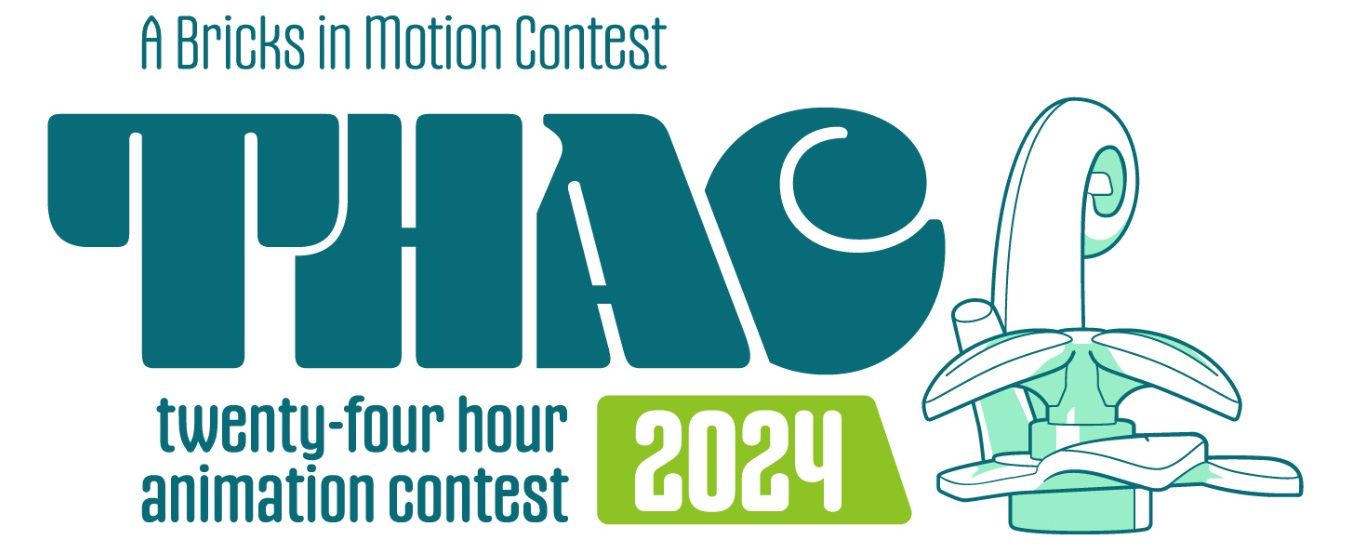Topic: How to Comment on a Film
On a technical level, all you need to do is make an account, wait for staff approval to make sure you're not a spambot, and post a reply to the thread with your thoughts on the film. No explanation needed.
We strive to make this community a place where worthwhile and complex discussion of films and filmmaking can take place. We want to inspire animators, both new and seasoned, to make films and push them to become better filmmakers. In an Internet culture where media is increasingly assigned to "like" or "dislike" categories, the goal of this forum is to make room for more elevated analysis of and discussion about the films people are putting so much thought and effort into making.
Because of this, we encourage both thoughtful praise of what films do well, and constructive, balanced critique of areas in which a filmmaker could improve. We don't want to coddle LEGO filmmakers with an attitude that everything is awesome, but Bricks in Motion is a place devoted to building up, encouraging, and inspiring the people who come here and share their films.
The moderators will be an important part of policing this new phase, and if you see a post in this forum that you think does not live up to these guidelines, feel free to use the "Report" link at the bottom of the post so a staff member can take a look. However, the most important part of this transition will be community members who step up to improve their contributions to the Releases forum by writing more thoughtful, encouraging but constructive posts.
The fact is that this community is a mix of professionals and amateurs working on films for fun in their free time, not an arm of the commercial film industry. At the end of the day, this community is not devoted to big-budget, commercial productions made by crews of seasoned, paid professionals. This doesn't mean we should have a low bar for expectations on every film, but it does make it necessary to treat feedback on films with a degree of tact and forethought. Don't write anything here that you wouldn't tell a filmmaking friend in person.
Here are some guidelines to consider if you'd like to give feedback on films, but aren't sure where to start:
Writing Positive Feedback
The best positive feedback will encourage a filmmaker, but also allow them to see just why it is that you enjoyed his or her film. Specific details are going to mean more to a person than "that was great!" because it shows that the attention and care he or she put into the film is noticed, and given attention.
This also is helpful as a teaching tool. Knowing what works and succeeds in a film can help a filmmaker bring some of the same skills and elements to future projects.
Writing Constructive Critical Feedback
Writing about what you didn't like in a film is not a bad thing. It is hard to become a better filmmaker if you don't know what mistakes you're making in your films so far. But it is possible to write bad criticism that doesn't help anyone, and for some this comes naturally. Every filmmaker is different, and some people are better at dealing with criticism than others. Everyone who posts a film here has opened him or herself up to feedback by sharing it here, and that should be commended and treated with appropriate respect.
If you see something in a finished film that you think could be improved in future projects, feel free to explain that to the filmmaker. Generally, these will be mistakes or weaknesses which seem likely to be a shortcoming of the filmmaker's current skills. Problems with the structure or pacing of the story, a boring film. Consistent flaws in animation, unconvincing visual effects work or voice acting that has been acted or recorded poorly. Maybe a film makes a point of some kind, but presents it weakly. The sorts of problems that deserve critique are usually not tiny technical imperfections that appear in a particular video. Nitpicking a small number of technical flaws in a film that is of professional quality has nothing to do with what matters in making a film or telling a story. Most filmmakers won't benefit from having tertiary details of a film's animation picked to pieces.
It is best to have some qualification to make a particular criticism. If you are going to criticize somebody's animation in a specific way, you would be better off knowing what you're talking about so you can articulate what the problem really is. It is difficult to take even sincere, well-meaning criticism about a film's technical work when it is coming from someone who clearly does not have enough experience to know what he or she is talking about.
Writing Reviews for Viewers
Another approach to commenting on films in this forum is to write with the audience of potential viewers in mind, much like a movie review in a newspaper or other publication. This can be a good way to write about a film, but it's important to remember that in most cases the filmmaker will be reading what people have to say. Treat the writing process with appropriate tact. It is unkind and destructive to this community to write a review that is disrespectful or mocks a film for the sake of making a good read. You aren't Roger Ebert, and this isn't Hollywood.









